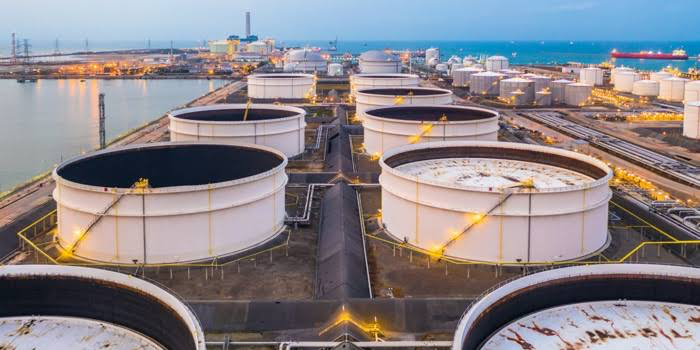The Department of Energy (DOE) is seeking to replenish the Strategic Petroleum Reserve (SPR) following a significant drawdown in 2022. The SPR is the world’s largest emergency oil stockpile, created in 1975 after the Arab oil embargo.
Replenishing the Reserve
The DOE is soliciting bids for 3 million barrels of domestically-produced crude oil to be delivered to the Bayou Choctaw site in Louisiana by August or September. This initiative follows a record-breaking sale of 180 million barrels from the SPR in 2022, aimed at lowering gasoline prices during the Russia-Ukraine conflict. The buyback program targets crude oil at $79 per barrel or less, but rising oil prices in recent days could impact the pace of acquisitions.
The Biden administration is taking a cautious approach to avoid pushing oil prices higher, particularly ahead of the upcoming presidential election. So far, the administration has repurchased around 29.61 million barrels and expedited the return of loaned oil from companies. However, planned maintenance at SPR facilities and potential price hikes could slow down the restocking process.
Looking Ahead
The reserve currently holds 361.6 million barrels, nearly 60% of which is sour crude, or relatively high sulfur oil which many U.S. refineries are engineered to process. The most oil it ever held was nearly 727 million barrels in 2009.
The sales in 2022 sank the SPR to the lowest level in about 40 years. That angered some Republicans who accused the Democratic administration of leaving the U.S. with a thin supply buffer to respond to a future crisis.
But the administration says it has a three-pronged strategy to return oil to the reserve. That includes buying back oil, the return of oil loaned from the SPR to companies, and cancelling congressionally mandated sales of 140 million barrels of SPR oil through 2027. Both Democratic and Republican lawmakers had voted for those sales to pay for government programs.
While the US aims to restore its oil reserves, careful consideration is given to market prices to prevent further strain on consumers. The ongoing effort to replenish the SPR demonstrates the country’s commitment to energy security and market stability.
Source: Reuters



